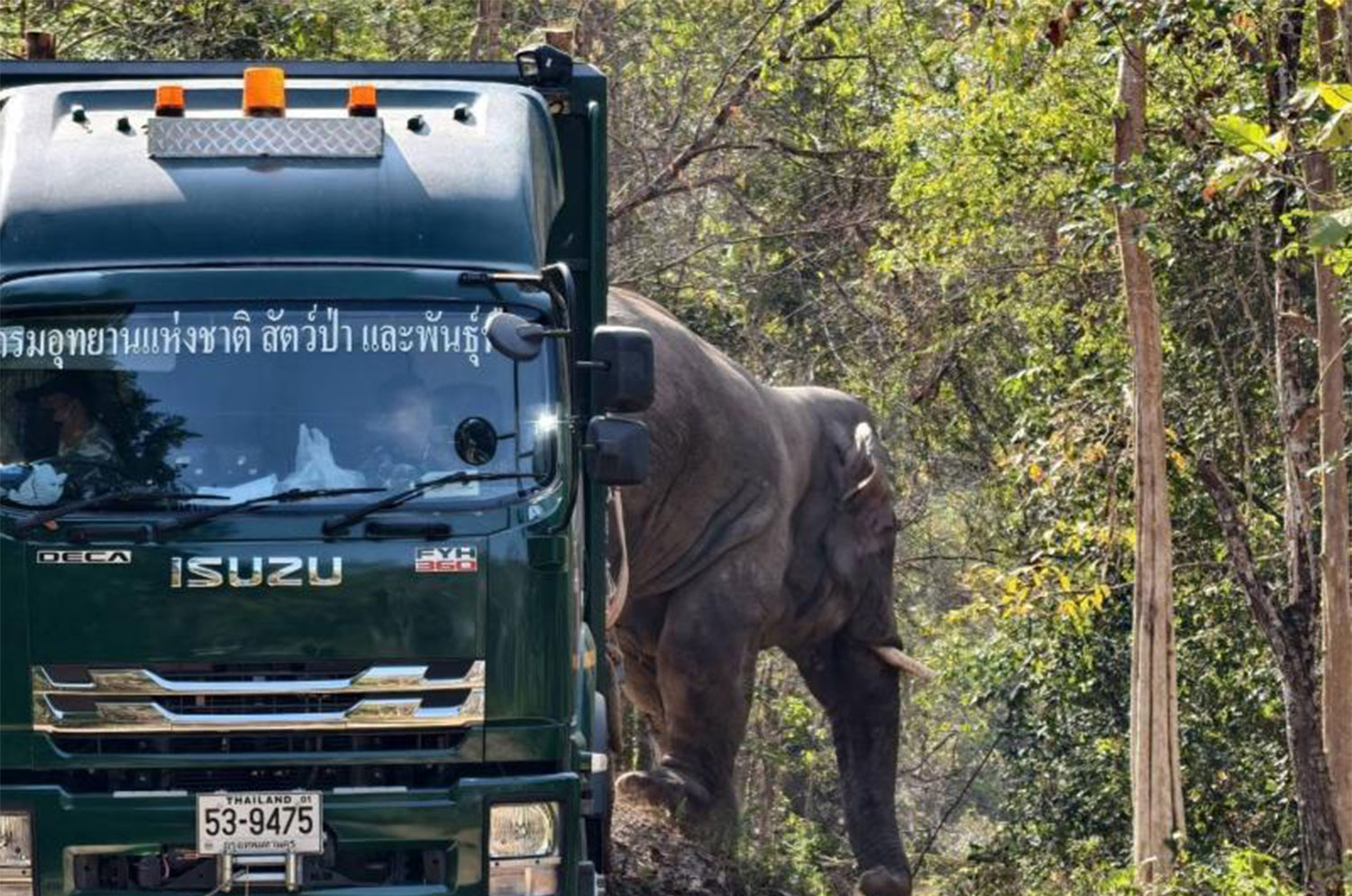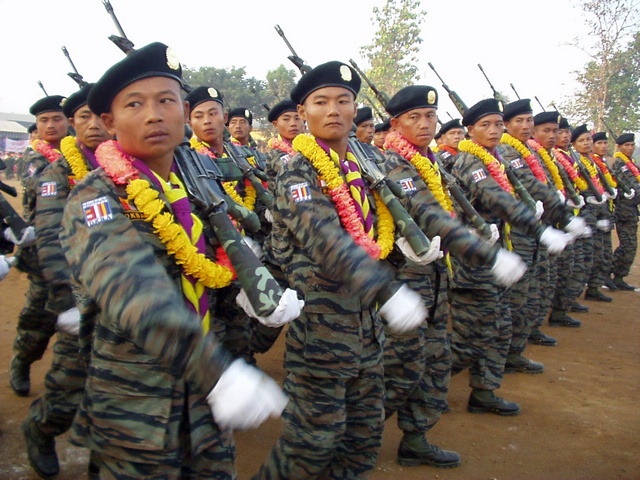Successful Efforts to Prevent Elephant Intrusions
Officials from the Department of National Parks, Wildlife and Plant Conservation (DNP) have reported success in their efforts to prevent wild elephants from encroaching on communities in Prachin Buri province. The most problematic elephant, known as Sorapong, has been safely returned to its natural habitat following a coordinated operation involving over 200 personnel.
Operation Details and Community Impact
Team Efforts to Manage Wild Elephants
The operation to manage approximately 40 wandering wild elephants began on Thursday and concluded early Friday morning. The team, which included veterinarians and animal husbandry officers, successfully sedated Sorapong and transferred him to the Khao Ang Rue Nai Wildlife Sanctuary in Chachoengsao.
Background of the Conflict
The DNP had been monitoring the elephants closely after a tragic incident on December 11, when a local resident was fatally attacked. The elephants had been congregating in the 800-rai Sadao forest, leading to increased tensions between wildlife and local communities.
Challenges in Elephant-Human Interactions
Previous Attempts to Deter Elephants
Atthapol Charoenchansa, the director-general of the DNP, noted that previous methods of scaring the elephants away had proven ineffective. The ongoing conflict between wild elephants and local residents has posed significant challenges for wildlife officials.
Government Priorities for Conflict Resolution
The Ministry of Natural Resources and Environment has made addressing human-elephant conflict a top priority. Plans are being developed to implement more effective strategies to mitigate these issues.
Controversial Birth Control Proposal
Introduction of Birth Control for Elephants
In an effort to manage the elephant population, the ministry has proposed a birth control plan for wild elephants. This initiative has faced criticism due to concerns about potential health risks for the animals. However, Atthapol emphasized that the program would be closely monitored by experts.
Pilot Project Success
Last year, a pilot project was initiated involving birth control vaccines administered to seven wild elephants in collaboration with Chiang Mai University’s Faculty of Veterinary Medicine. The results showed no adverse effects, prompting plans to expand this project into areas with frequent human-elephant interactions.
Statistics on Human-Elephant Conflict
Fatalities and Injuries Reported
Since 2012, Thailand has seen a troubling rise in human fatalities related to elephant encounters, with 240 people killed and 208 injured due to attacks. This alarming trend underscores the urgent need for effective conflict management strategies.
Moving Forward with Sustainable Solutions
The recent efforts to steer elephants away from Prachin Buri villages highlight the ongoing challenges of coexisting with wildlife in Thailand. As officials work towards implementing sustainable solutions, including population control measures and community engagement initiatives, it is crucial to find a balance that protects both human lives and the welfare of these majestic creatures. Continued collaboration between government agencies, local communities, and conservationists will be essential in addressing this complex issue effectively.









